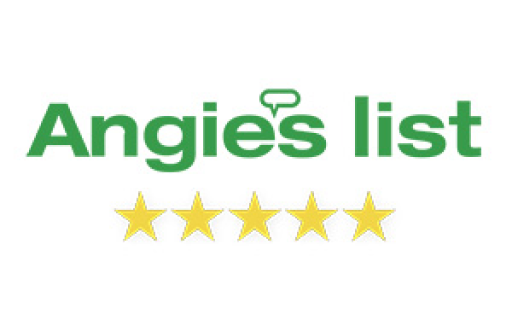Commercial flooring is a massive industry, so it’s perfectly normal to feel a bit out of your depth when researching options for your Nashville business. If you’ve got flooring questions, we’ve got answers, so keep reading to learn more about some of the questions we are most frequently asked.
What Is the Best Material for Commercial Flooring?
Much like in a home, a commercial space’s different rooms or areas have different uses. The best type of flooring for each space depends on what you’re using it for, so the answer to this question depends on your needs. Rubber commercial flooring is very popular in production spaces where traction and durability are a must. Rubber flooring is soft on people’s feet, taking some of the pressure off of your staff in a dynamic environment. Commercial kitchens, production spaces, work rooms, and gyms are all great candidates for rubber flooring for this reason.
Carpeting is a great option for commercial spaces like offices, libraries, schools, and other places where value is placed on keeping things quiet. Commercial carpeting in Nashville is very popular for its acoustic qualities, as well as the comfort it provides. Carpet fibers act as natural sound dampeners, preventing echoes in large communal workspaces or classrooms and theaters. In an open space, noise can quickly grow out of hand without good acoustics, making people compete to be heard and raising the din of conversation. Call centers, restaurants, and other places that put value on private conversations can benefit from commercial carpeting.
Another great option for commercial spaces is tile flooring. Tile provides a great deal of benefits in commercial spaces, especially where moisture is a concern. Tile flooring is waterproof, making it excellent for kitchens and dishwashing areas, as well as indoor pools and showers. If you’re wondering how to clean commercial tile floors, you’re in the right place. Tile is a very durable and hard material, making it quite easy to clean. Since tile is nonporous, it can be cleaned with many chemicals that may damage other types of flooring, making it easier to sanitize.
Is Hardwood Flooring Really Right for a Commercial Space?
Hardwood flooring has been the most popular style of flooring for the last few decades in interior design, but is it a good fit in a commercial space?
Commercial hardwood flooring is a popular trend, helped by innovations in engineered hardwood. Engineered hardwood is a modern invention that uses plywood covered by a thick layer of real hardwood to provide excellent aesthetics while enhancing durability and moisture resistance. This is often the type of wood flooring you’ll see used in cafes, restaurants, and other spaces where aesthetics matter greatly but spills are still a reality.
Traditional hardwood flooring can also work well in retail spaces, offices, and museums where you’re looking for a cozy, rustic feeling. Both engineered and traditional hardwood can last a long time if properly maintained. While you can only refinish engineered hardwood once or twice, its lifespan can still extend up to 30 years, while real hardwood can go for over 100. So don’t let anyone tell you that hardwood won’t work for your business; there are plenty of options where it’s exactly the right fit for your needs.
Pick the Right Commercial Flooring
Check back soon for even more frequently asked commercial flooring questions, because we’ve got them in spades! Don’t hesitate to give us a call at Ozburn-Hessey for a consultation and estimate on your commercial project.




